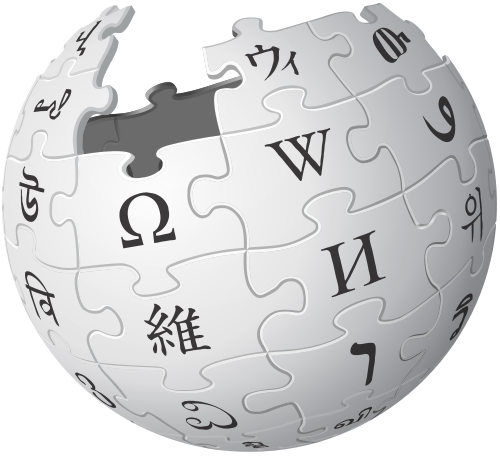Wikipedia Editors Causing A Stir Within Pharma
Calls for dedicated Wikipedia resources within big pharma have stirred the social media debate once again.

In an open letter to the Royal Society, Dr Duncan Hull makes an impassioned argument that Wikipedia is ‘arguably one of the greatest ever opportunities for public engagement in Science.’
Dr Bertalan Meskó was quick to echo Hull, but addressed his letter to ‘Dear Pharma Companies’. Dr Meskó argues forcefully for the inevitability of Wikipedia in the life of pharma. Wikipedia’s place ‘is indisputable now’, and ‘you’, meaning pharma companies, ‘have to deal with using Wikipedia’. Powerfully imperative stuff. But you have to ask, if pharma really has to deal with Wikipedia, if Wikipedia’s place is indisputable now, why the need for an open letter? If it were so patently necessary, wouldn’t it already be happening?
Meskó’s letter presents the positive side of appointing a Wikipedia editor. He argues that it will deal with the current problem of rogue pharma employees updating entries willy-nilly. These employees won’t be experts, and can create both legal and PR headaches for their employers. So get an expert in Meskó argues. So far, so hard to argue against.
But someone has.
While, he agrees on the basic principle of hiring someone to ‘monitor social media sites like Wikipedia’ and correct misinformation, John Mack argues that ‘in this economy’, no pharma company will hire someone just to monitor Wikipedia and write Wikipedia entries. And, Mack asks, why just Wikipedia? What about Twitter, Facebook et al? Yes, ‘Dear Pharma’, the list goes on. How would we ever keep up? More to the point, why would we want to?
In Meskó’s own open access social media guide, he highlights – perhaps without meaning to – the potential dangers involved. One of the warnings is against editing for the ‘purposes of promotion’. Leaving aside the issue of whether or not it’s even possible to separate ‘promotion’ and ‘correction’, if pharma companies professionalise the role of ensuring an open access platform like Wikipedia is correct at all times, they surely run the danger of finding themselves in the firing-line if a patient is adversely affected by said platform. The other problem is that the real world and the internet are not the same place – or rather, the internet is often one place, while the world is lots of places, otherwise known as countries. As Meskó’s guide points out, if pharma gets involved, there is a responsibility to ensure that each country gets the correct information. At the moment, while they may lack control, they also lack responsibility.
And actually it’s re-thinking control that is key here. Control is not what social media is about, and pharma would be foolish to try to change that – just look at what happened during the Chap Stick debacle. But by embracing the lack of control, by actively engaging with the public on all social media platforms – with Boehringer Ingelheim being a positive example – social media becomes neither an added responsibility for pharma, nor an added cost with no return, but an active opportunity. Meskó doesn’t overstate the case for the importance of Wikipedia. He understates the case for how pharma should interact with it.
To paraphrase Clint Eastwood, “You see, in this world there's two kinds of people, my friend. Those with active social media strategies, and those with passive ones.” Which do you want to have?
